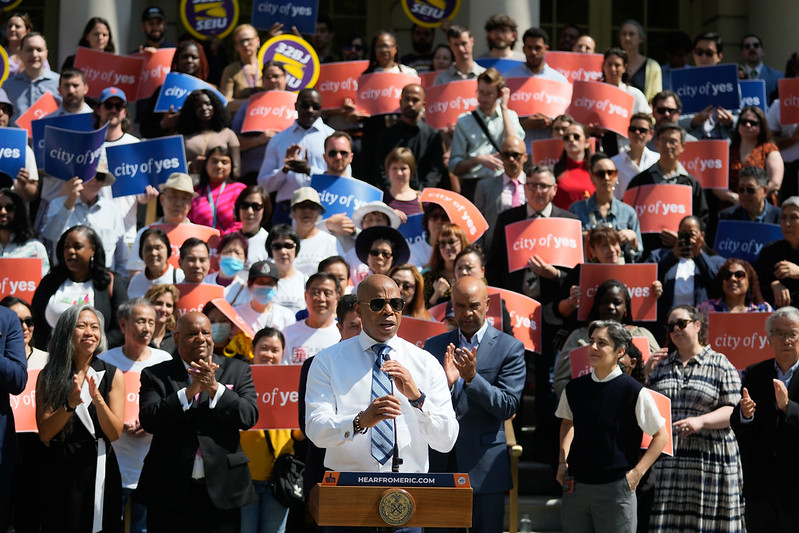LONDON (Reuters) – Britain’s high street faces more than 5,000 job cuts after two of its biggest names said that customers were unlikely to return to their old shopping habits after the coronavirus crisis, in the latest blow to the country’s ailing economy.
Health and beauty chain Boots and department store John Lewis on Thursday joined other retailers in warning that they had to close stores to survive after customers moved online and remained wary of returning to town centres.
Boots, owned by Walgreens Boots Alliance <WBA.O>, announced 4,000 cuts in a blow to British finance minister Rishi Sunak, who announced his latest plan to save jobs on Wednesday, while John Lewis said it could lose 1,300.
Thousands of job losses have already been announced by the menswear shop TM Lewin, department stores Harrods and Debenhams, fashion stores Oasis, Warehouse, and Arcadia, and the DIY outfit Travis Perkins <TPK.L> since the coronavirus outbreak.
John Lewis, known as middle England’s favourite department store, said it proposed to close eight stores as online would make up to 70% of sales this year and next, from 40% pre-crisis.
“We believe closures are necessary to help us secure the sustainability of the Partnership,” said Sharon White, chairman of the John Lewis Partnership.
A spokesman for British Prime Minister Boris Johnson said the government stood ready to help after Boots also said it had decided to close 48 optician stores after its UK shopper numbers plunged 85% in April at the height of the lockdown.
The world’s sixth-biggest economy shrank by 25% in March and April and could be heading for its biggest fall in 300 years in 2020, with an unemployment rate on course to more than double to about 10%, according to official projections.
That fear of what could lie ahead has put an intolerable strain on retailers, already battling high rents, business rate taxes, tight margins and a rapid shift online.
Since the outbreak, many have failed to pay their rent, in turn hitting commercial property owners such as Intu which has called in administrators due to high debts.
Julie Palmer, partner and restructuring expert at Begbies Traynor, said many businesses would implement drastic change.
“Investment will be poured into parts of the business that are strengthening and pulled from areas that are unsuitable for these modern ways of trading,” she said.
(Editing by Elaine Hardcastle and Alexander Smith)
























